Sleep Is Critical to Healthy Immunity.
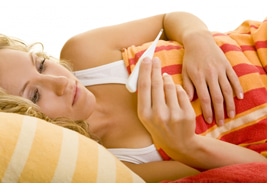 People exposed to a respiratory virus are three times more likely to get sick if they get less than seven hours of sleep at night, a recent study finds. Trouble is most Americans only sleep about six and a half hours—one hour less a night than we slept in the ’50s.
People exposed to a respiratory virus are three times more likely to get sick if they get less than seven hours of sleep at night, a recent study finds. Trouble is most Americans only sleep about six and a half hours—one hour less a night than we slept in the ’50s.
News from scientists at the University of Chicago and at NIH in Washington DC is even more sobering. We actually need nine and a half hours of sleep at night for at least seven months out of the year—preferably between October and June—for healthy immunity.
“Maintaining the immune system may be the reason sleep has evolved,” explains Brian Preston, PhD, a researcher at Germany’s Max Planck Institute. Mammals that sleep the longest have six times the immune cells as those that sleep less.
Besides fighting the flu, nature’s “missing link”—sleep—helps your immune system ward off diabetes, heart disease, cancer, obesity, and severe depression. Lack of sleep even disturbs normal brain activity and vision, causing over 100,000 car accidents a year.
Now that we’re plugged in 24/7 with our iPhones and iPods, who wants to sleep when you can check your emails, chat with friends, and text the world—anytime of night? Talk about unremitting stress!
When we turn our clocks back next week to end daylight savings, we also disturb the body’s internal clock. This throws off our natural sleep-wake cycle and impacts hormones like cortisol and melatonin that influence this critical “missing link.”
Dr. Ann Louise’s Take:
The most dramatic event humans have experienced happened less than 80 years ago. Electricity and bright lights at night have changed us forever.
When it’s dark, the body naturally produces the hormone melatonin to ready your system for sleep and help you snooze through the night. Five times stronger than vitamin C, melatonin is a potent antioxidant that controls immunity.
What to Do?
Exercise outdoors in the sun to boost melatonin. Start dimming lights when the sun goes down to ready your body for sleep. I even wear special amber glasses to knock out the melatonin-blocking rays from blue light.
When I get up in the middle of the night to go to the bathroom, I use special nightlights that block blue rays. Don’t flick on those strong overhead lights because they’ll zap your melatonin and you won’t be able to get back to sleep. Taking 3 to 15 mg of melatonin a night can also be helpful.
Balance Hormones
Other hormones also impact how well women sleep. Starting in puberty, fluctuating hormone levels make females two and a half times more likely than males to suffer insomnia.
During perimenopause and menopause hot flashes disrupt women’s sleep. (We all sleep more soundly when we’re slightly cool.) Progesterone is the hormone that helps women sleep well in the first and second trimesters of pregnancy—before heartburn, leg cramps, and frequent urination disturb sleep.
Uni Key’s ProgestaKey is an all-natural progesterone cream that balances hormone levels and reduces hot flashes and night sweats. Progesterone has also been found to slow the growth of breast cancer cells, another reason to consider this cream.
Chill Out
Unfortunately, the female hormone estrogen raises levels of the stress hormone cortisol. Women have higher levels of this stress hormone when estrogen rises during their menstrual cycle—but progesterone helps even cortisol out and improves sleep.
It’s important to relax at night for sound sleep—so turn off those scary news stories about swine flu. I also recommend Adrenal Formula to combat stress in today’s 24/7 lifestyle.
The Bottom Line
Stack those Zzz’s to stay healthy—especially in cold and flu season when your immune system needs all the help it can get. Take 400 mg of Magnesium before you go to bed. I rotate between melatonin, tryptophan—the precursor for relaxing serotonin—and magnesium.
Sources:
https://www.healthday.com/Article.asp?AID=632118
https://www.ncbi.nlm.nih.gov/pubmed/19840243
https://discovermagazine.com/2009/apr/22-new-theory-about-why-sleep-maintain-immune-system
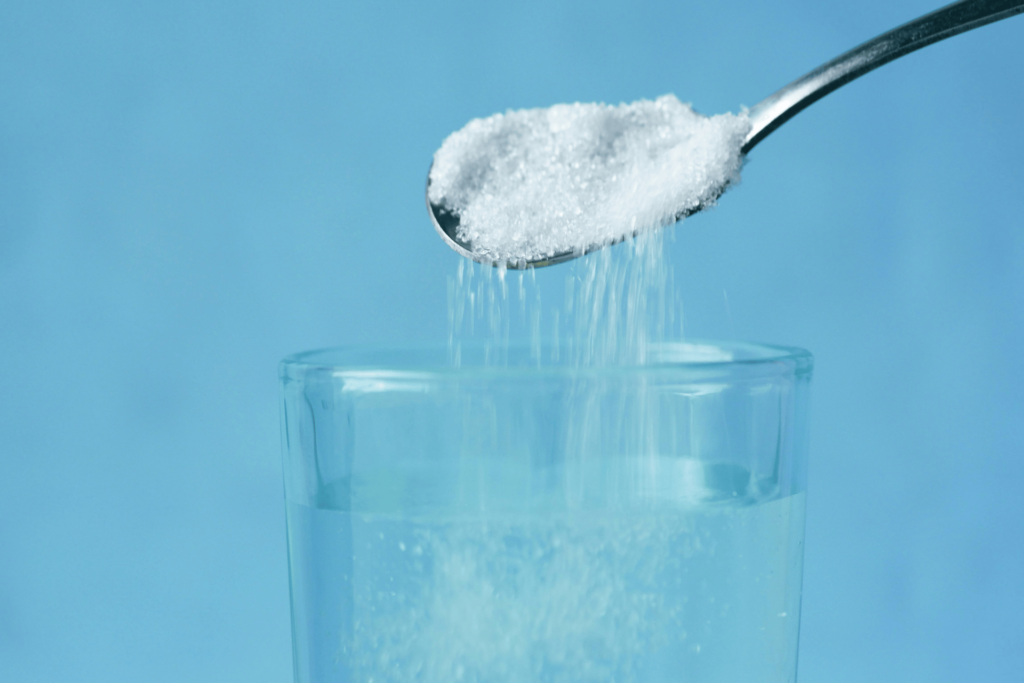
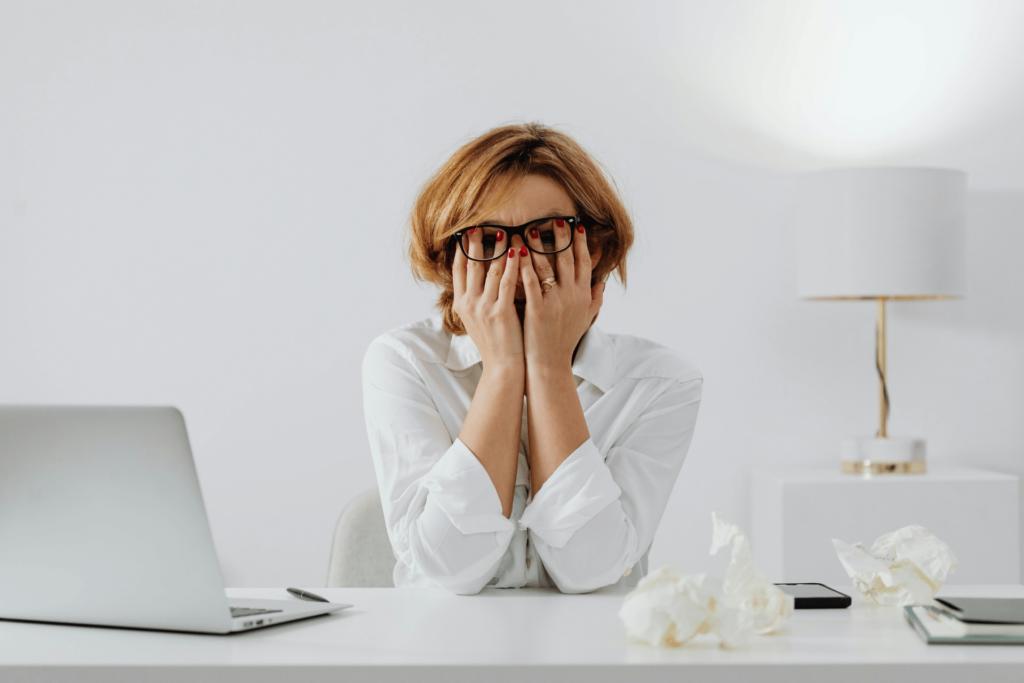
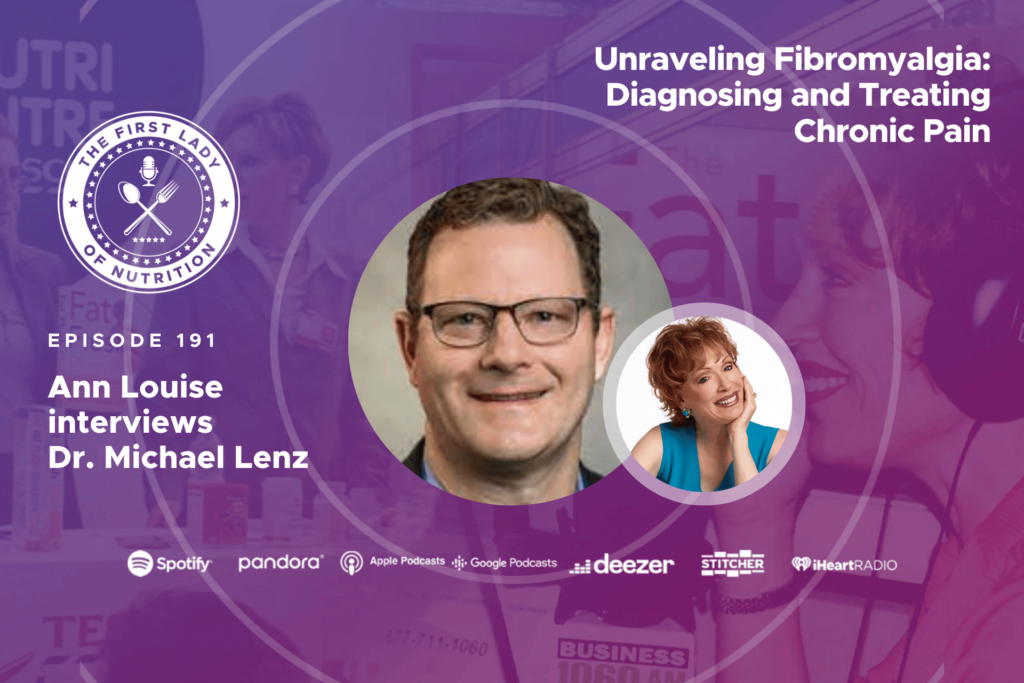

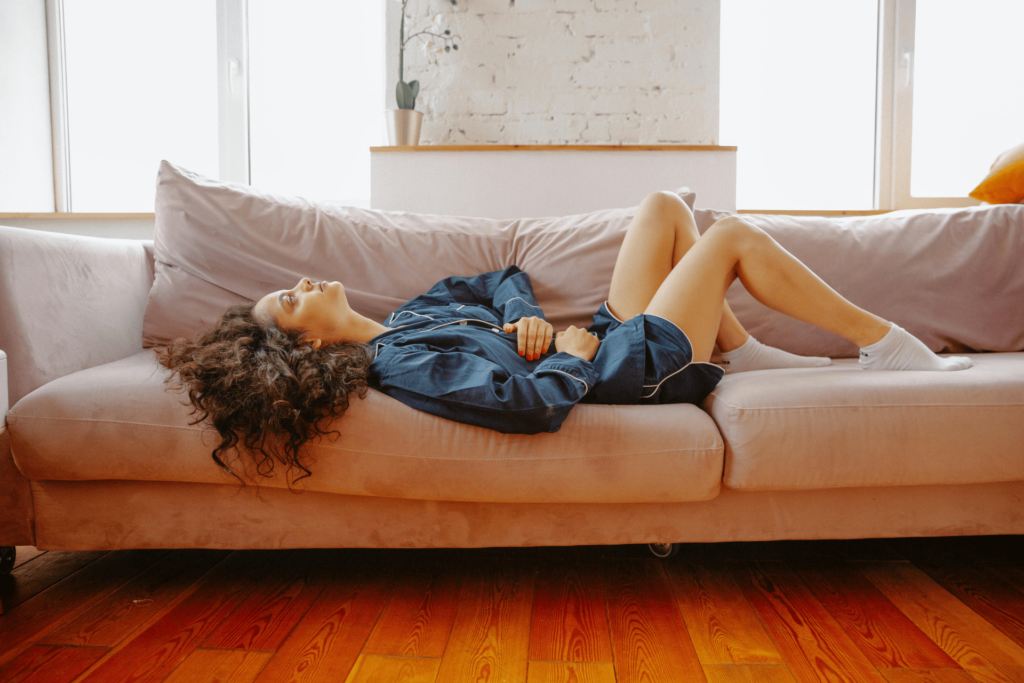



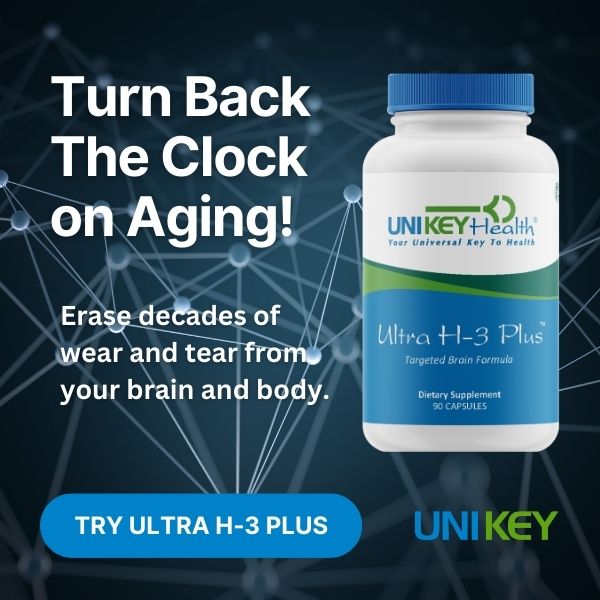
10 Responses
Thank you Dr. G for the great info!
Thanks so much for your advice and the great useful information that affect our health.
We all tend to overlook the most important things, don’t we? Sleep, positive thinking, fresh air and exercise. Its nice to be reminded that sleep is so essential to a healthy immune system- and its free, imagine that!
Is there a substitute for ProgestaKey if someone is allergic to Primrose oil which is part of the ingredients? Thank you.
I have had insomnia for over 20 yrs. Sleeping pills never work. I have tried melatonin, sleep masks, low level lights (11 watts or less after dark), magnesium, decogestants, non-aspirin PM products, no caffeine, no stimulants of any kind including herbs of any kind, I’ve done research for years and tried everything I could think of (hot baths, etc…) There are times that combinations of some of these things (including those recommended in your recent blog on sleep) will help somewhat. I always do magnesium twice a day or more, but absolutely some before bed and when I wake up in the middle of the night.
When I am lucky I get 3-5 hrs. I can lose weight on 5 hrs but not less. Sometimes none of the things I try work at all. Sometimes certain combinations work for a while and then quit.
Lately things have been worse and I am truly exhasted. Finally my memory is being affected. BTW no health insurance, limited income, have needed hip replacement for 8 yrs now.
What is so out of balance that causes the inconsistancy?
Fatima: I would try another progesterone creme (there are many in the health food stores) which don’t contain the evening primrose oil.
Karen: You are a good candidate for a hair analysis test to see whether your copper is effecting your zinc which in turn can impace sleep big time! Check with UNI KEY about their TMAs (tissue mineral analysis). Insomnia is a huge problem for copperheads. I know, I was one of them years ago…
Dear Ann,
Than you for your very informative blogs. I have had sleeping problems for years, from insomnia, leg cramps, and light sensitivity. I thought your rotation between magnesium, melatonin and tryptophan sounds like a good idea. What amounts do you reccommend of each, and do you rotate them daily, weekly, or??
I have been tracking my sleep for three months, and I’ve learned that I get more sleep if I go to bed at a certain time every night. I usually average around 5 hours of sleep, but lately it is creeping up to 6 hours. I like to drink a hot cup of tea (caffeine free of course!)in winter in evenings. Are there some kinds I should avoid? I am tired of the taste of the “sleepy time” varieties. Thank you. Donna
Hi Donna:
With regard to magnesium – 400 – 800 mg; melatonin – 3 – 12 mg; tryptophan – 2 – 4,000 mg spread throughout early evening and night.
With regard to teas, I personally love fennel.
Dear Friends:
I would love to answer each and every single one of your queries, as I have done to the best of my ability, in the past. The popularity of this Blog has grown to the extent that I can no longer provide that service but I am in the planning stages of an Internet – TV show where you can call in and get those questions answered by me in person! Please stay tuned for this exciting development. I first must complete a new manuscript and then will make some exciting announcements. In the interim, may I suggest that if you have questions about products, call UNI KEY at 1-800-888-4353. The folks there are helpful and will direct you accordingly. If you are concerned about a particular health condition, then by all means check out the Testing Kits on my site which will help you to determine underlying causes. Please don’t let this dissuade you from posting. Thank you so much for your enthusiasm and interest!
Greetings
I am fairly new on the blog, just discovered it about thyroid so please forgive me if this has already been answered. There is much being said about swine flu & the shots. Many are manditory to take because of jobs. I believe in D3 & other vitamins to protect but some of family have had to get. they are saying that these shots are killing & causing much damage. Any info for those that have got the shots for protection?
Thanks,
Blessings, Sheila